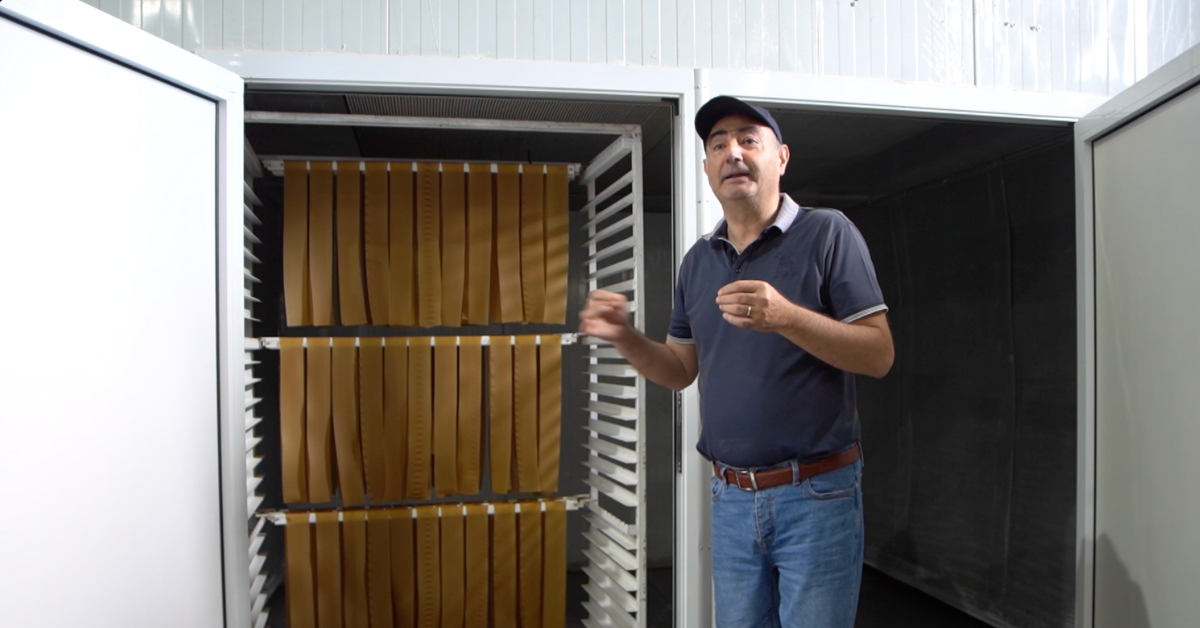Founded in 2020 as a processor and manufacturer of pasta and grains, Del Libano has emerged as the leading domestic pasta manufacturer in Lebanon. They specialize in producing a variety of pasta products using locally grown hard (durum) wheat.
Del Libano holds the distinction of being the first automated Lebanese pasta factory, having been built and commissioned in 2021. Presently, the company supplies ten types of pasta to approximately 1,500 points of sale across the country.
Increasing Production Capacity
To further expand their production of pasta, Del Libano launched their project as part of the Food System Challenge. Their goal is to increase production capacity by adding new dehydration rooms, thereby replacing the current drying chambers. By implementing this project, the company aims to enhance and diversify their product offerings while building upon their existing product line. The expansion is a natural progression for Del Libano, as they possess expertise in monitoring the entire pasta supply chain—from plantation and harvesting to processing, drying, packaging, and marketing.
The project’s impact on the rural community will be significant. Del Libano plans to involve farmers and their families in the production chain by purchasing their crops. This initiative will create employment opportunities for rural farmers residing in the Bekaa, Akkar, and South of Lebanon regions. By integrating these farmers into their operations, Del Libano not only supports local agriculture but also strengthens the ties between the company and the rural community.
Ultimately, Del Libano’s project will enhance the pasta factory’s output capacity, overcoming the current limitations posed by the size restrictions of the available drying chambers.
The Food System Challenge
The Food System Challenge is implemented by the World Food Programme (WFP) and Berytech through support from the German Federal Ministry of Economic Cooperation and Development (BMZ).
The program’s main outcomes are enhanced food security, a well-functioning local food system, enhanced efficiency and resilience of cooperatives and SMEs working across different streams of the food systems, and increased employment opportunities, especially for women and vulnerable individuals.










